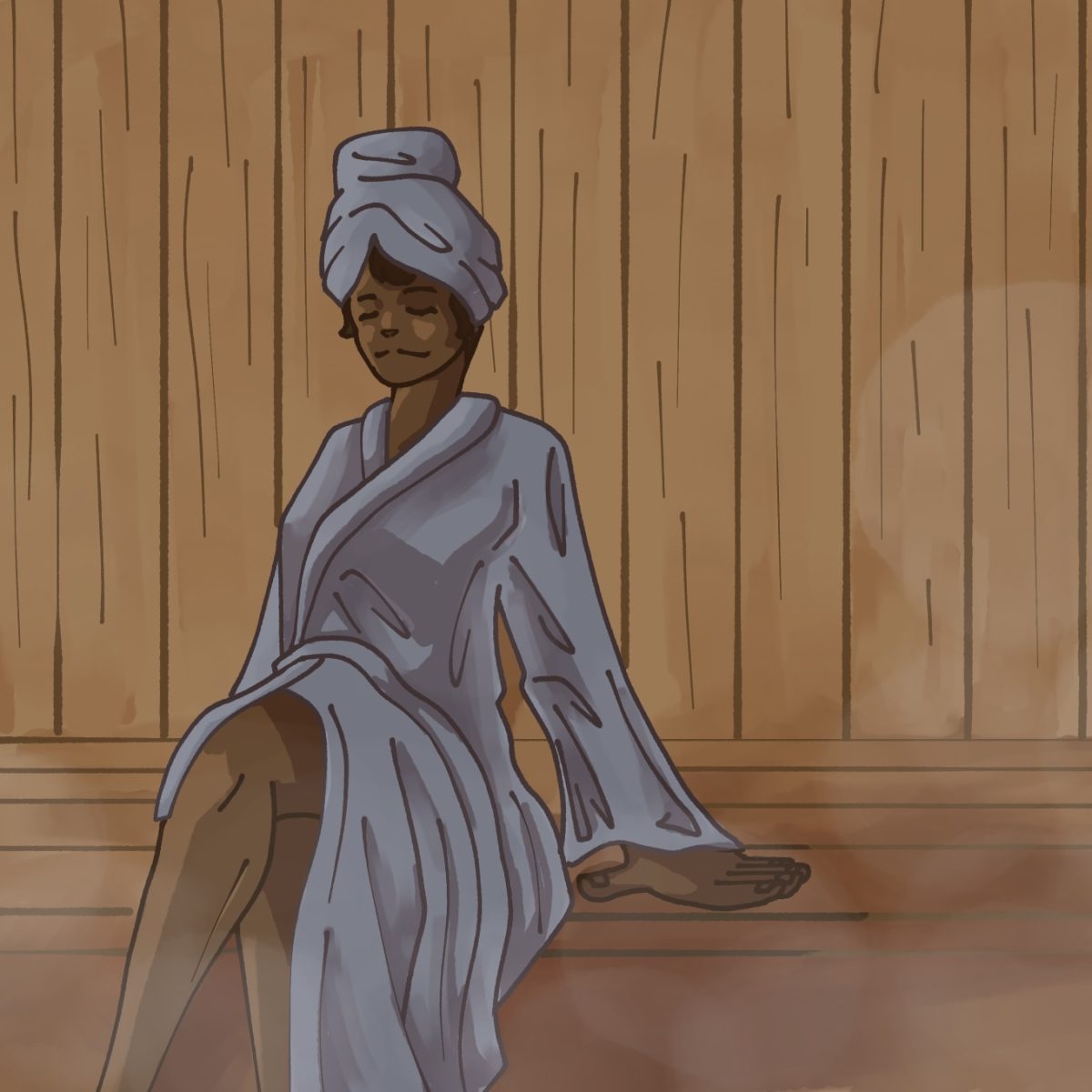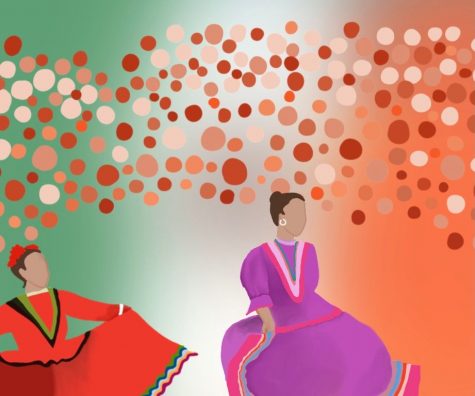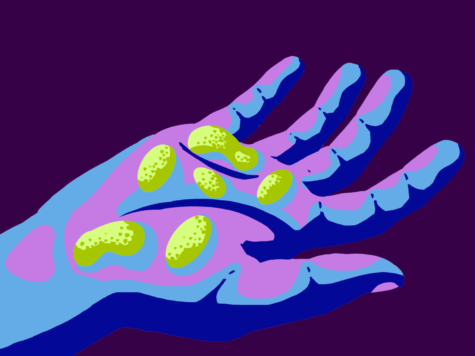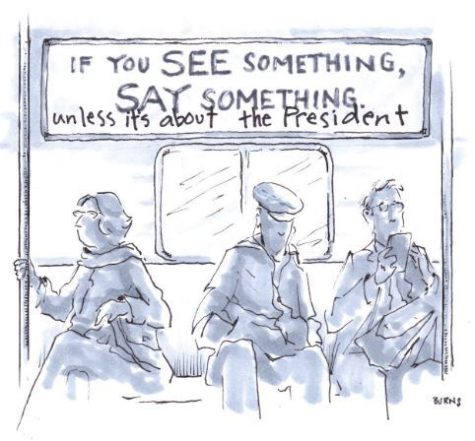The Psychological Impact Of TikTok On Teenagers
February 12, 2021
When TikTok was first launched in 2016, the video-sharing social media app exploded in popularity, gaining new users of all ages worldwide. In fact, as of early 2021, TikTok has been credited with over 1.5 billion downloads and 500 millions active users in over 150 countries, a shocking amount for just over four years in existence.
Not surprisingly, the incredible popularity of TikTok has given users a platform to make a considerable impact on society. For example, one TikTok user was able to carry out a boycott against a Trump campaign rally in Oklahoma by posting a video telling viewers to reserve seats without attending, leading to a sparse turnout. Approximately 14,000 of the 20,000 seats available were empty during the rally, causing Trump to speak to a largely empty stadium. This event shows how a popular and impactful app such as TikTok can be the voice of many people’s opinions in the real world.
However, as with the case with many social media apps, Tik Tok has also been questioned for its less than favorable effects on the younger generation, widely known as Gen Z. TikTok is known to be highly addictive, and many users, especially teens, spend hours on it daily. The app’s “For You” page suggests short video clips tailored to users’ liked content, auto-playing one after another. This system keeps users in a seemingly endless rabbit hole of content.
Emma Anderson, ‘22, described TikTok as “entertaining, funny, creative, inspiring, and cute,” and said that she spends about an hour a day on average on the app.
However, she also acknowledged its negative side-effects and explained that “TikTok can be so entertaining that people spend way too much time on it, and some TikToks can have negative comments or messages.”
The app’s design can become a serious distraction, especially to students.
Anderson explained that “since TikTok is so fun to watch and addicting,” it has unfortunately, “worsened [her] academic life.”
For many students, it’s tempting to watch TikToks instead of doing homework or studying. Tiktok addiction becomes extremely concerning when students are considered addicted to the app, spending prolonged periods engaged with its content and finding it difficult to take more than a day away from it.
Similarly, Nike Nguyen, a student at Cornell University, expressed his concern for TikTok’s overwhelming influence on the youth.
“My group chats were constantly inundated by waves of TikToks my friends found funny. Scrolling through Instagram stories and Twitter — two social media platforms competing against TikTok — I found myself consuming the short-form videos outside of the app itself. Offline, when I was with my friends, we would reference TikToks, discuss TikToks, joke about TikToks, remake TikToks,” Nguyen said.
Somehow, in the blink of an eye, TikTok has dominated social media and established a strong presence in youth culture. With so much controversy over the effect of TikTok on the youth, it’s worth it to look closer at some of the psychological effects that the network has on its users.
First of all, the fast-paced nature of the app makes it extremely easy for users to create videos that could go viral in just a few minutes. With the anticipation and desire for becoming “TikTok famous,” many adolescents have been participating in TikTok trends in hopes of getting attention, sometimes leading to an unhealthy obsession with receiving the most likes, follows, or comments to gain social acceptance.
One article, “The Psychological Effects of TikTok,” published on Exploring Your Mind, summarized the concern of this issue quite nicely: “If there’s a whole group of young people whose primary concern is getting likes and interaction on their social media content, something is wrong in our society.”
However, in plenty of cases, many users who go viral and have a substantial fan following are believed to only have gained that following because of their “attractiveness” rather than their talent or content. Although this is not always the case, viral TikTokers like Charli and Dixie D’amelio, Addison Rae and Noah Beck are among those criticized for this reason, though they each possess millions of followers and are making a lot of money as a result.
This reflects the largely negative impact of TikTok and social media in general, especially as many young teens are exposed to a new standard which may not be healthy for their physical and mental health. Not only is the level of eating disorders, depression and anxiety in teenagers increasing as a result of these videos, but many teens, especially young girls, have turned to making hypersexualized videos to gain followers and praise.
Harassment and cyberbullying are also common negative effects of the Tik Tok app, as users can easily leave comments on any video. Especially with political and religious Tik Toks, the diverse beliefs of people across the world often turn into heated arguments and further social division. However, the opposite can also be said – TikTok helps unite those with similar interests and beliefs, forming small digital communities around the world.
In fact, according to Anderson, TikTok has “improved [her] mental health” due to “all the positive messages and inspiring people” on the app.
Although it’s possible to debate the positive and negative effects TikTok has on teens, there’s no doubt it has definitely reshaped the world of social media as we know it. With this in mind, it’s also incredibly important for users to regulate their TikTok usage and maintain a healthy balance with the real world.





























